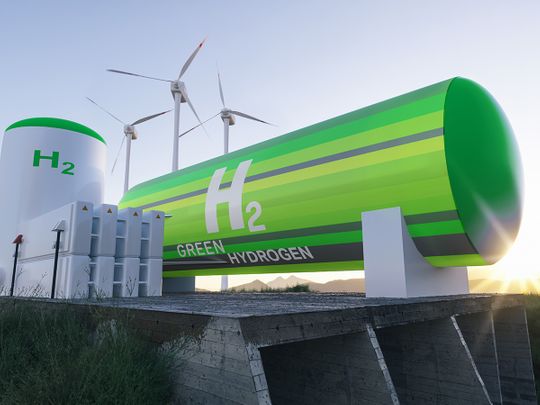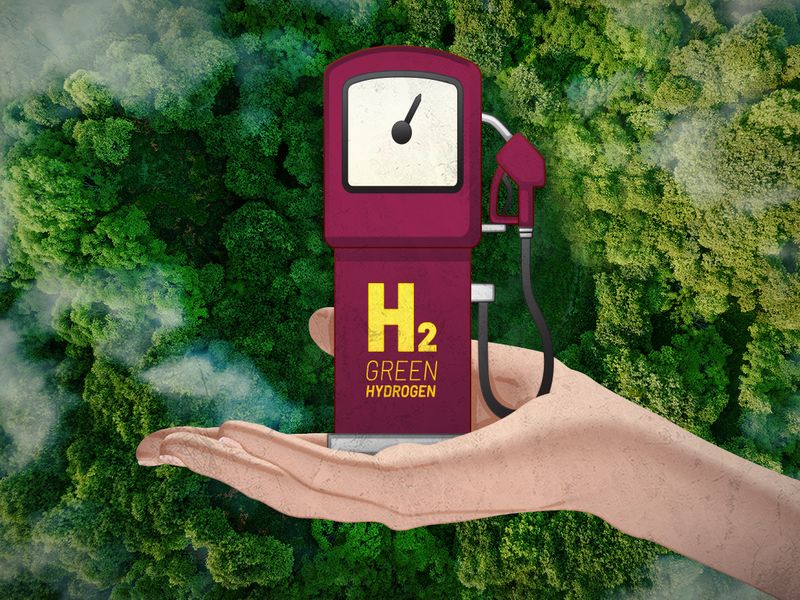
Hydrogen is a clean and versatile energy carrier that can be used for various purposes, such as electricity generation, transportation, and industrial processes. However, hydrogen as a fuel faces many challenges and barriers, such as high production costs, lack of infrastructure, policy uncertainty, and safety issues.
Most of the hydrogen produced today comes from fossil fuels, such as natural gas and coal, which emit greenhouse gases and contribute to climate change. Even when hydrogen is used in fuel cells, it can emit NOx, which is a group of nitrogen oxides that are harmful to human health and the environment.
One pound of nitrous oxide (N2O), a type of NOx, can cause 265 times more global warming than one pound of carbon dioxide. Hydrogen also generates pollution when it is burned, as it produces more NOx emissions than natural gas. Therefore, hydrogen is not a clean fuel in every sense.
Many countries around the world are investing in hydrogen as a potential solution to reduce their dependence on fossil fuels and achieve their net-zero emissions targets. The Gulf States are among them, as they have abundant solar resources that can be used to produce green hydrogen through electrolysis of water.
A new fuel source
Green hydrogen is the most environmentally friendly way to produce hydrogen, as it does not emit any carbon or other pollutants. BBC reports that Saudi Arabia is planning to use hydrogen as a new fuel source. The hydrogen will be green, meaning that it will be extracted from water using renewable energy.
The process involves using electricity from solar or wind power to separate hydrogen and oxygen molecules in water. The green hydrogen will be used to power Neom, a futuristic city that costs $500 billion, and also exported to other countries. Oman, another Gulf nation, is also aiming to build the world’s largest green hydrogen plant.
However, Gulf States, as well as other oil-producing countries, should also be aware of the limitations and risks of relying too much on hydrogen as an alternative to fossil fuels. First of all, fossil fuels are finite resources that will eventually run out.
According to some estimates, oil, gas and coal will be exhausted by 2072, 2075 and 2136 respectively. These dates may vary depending on the consumption patterns and the discovery of new reserves, but they indicate that the world needs to prepare for a post-fossil fuel era.
Secondly, hydrogen is not a primary energy source, but an energy carrier that needs to be produced from other sources. Therefore, it is not always efficient or optimal to convert renewable energy to hydrogen and then use it as a fuel. It is often better to use renewable energy directly when possible, such as in electric vehicles or grid-connected applications.

A complement to electrification
Hydrogen should be used as a complement to electrification, not a substitute for it. Hydrogen should be prioritised for those applications where direct electrification is not possible or practical, such as heavy industry, long-distance transport and seasonal energy storage.
Thirdly, hydrogen is not a mature technology yet and requires more research and development to reduce costs and increase efficiency and sustainability.
Hydrogen technologies and solutions need to overcome technical challenges, such as improving the durability and performance of fuel cells and electrolysers, developing new materials and catalysts, enhancing hydrogen storage and distribution systems, and ensuring safety standards and regulations.
Moreover, hydrogen needs to compete with other low-carbon technologies and solutions, such as batteries, biofuels, synthetic fuels, nuclear power, carbon capture and storage (CCS), and carbon capture and utilisation (CCU).
Therefore, countries should realise that hydrogen is not a silver bullet that can solve all their energy problems. Hydrogen is a promising option that can play a key role in decarbonising some sectors of the economy that are hard to electrify. However, hydrogen also faces many challenges and barriers that need to be addressed through innovation and collaboration.
The Gulf States should diversify their energy portfolio and explore different options and sources for producing hydrogen in a sustainable way.
They should also continue relying on solar power and other renewable sources that can provide clean and abundant energy for their own needs and for exporting green hydrogen to other regions.
— Dr Abdullah Belhaif Al Nuaimi is a former UAE minister of Infrastructure Development and for Climate Change and Environment








